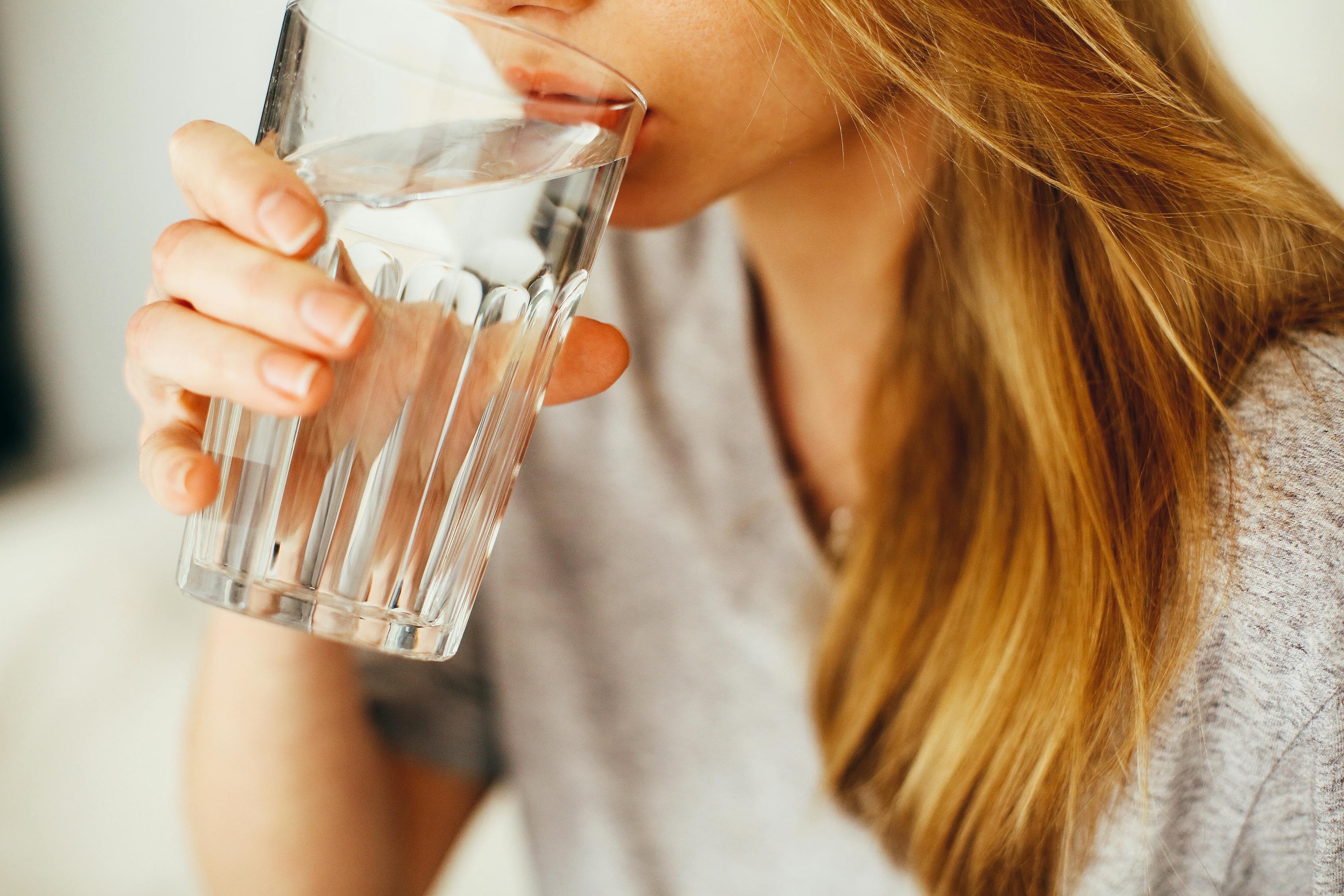Tips for Managing a Weak Bladder
Jessica Lubahn 3 min read

Weak Bladder? We've Got You Covered
Lack of muscle support can allow urinary leakage called stress incontinence. There are some very valid treatment options your family physician or a urologist can prescribe. There are also some tips and areas to pay attention to help you manage a weak bladder.
Bladder Control Exercises
Kegels, squats, and the bridge can all help strengthen the pelvic floor muscles. Studies show that women who regularly practice these exercises are twice as likely to see improvement and five times more likely to have the symptoms resolve completely. Before beginning, discuss the option with your medical provider, especially if you have recently had surgery or given birth.
Smoking Cessation
If you use tobacco products, stop. Smoking reduces vascular health which impedes oxygen to the organs, including the bladder. In addition, the coughing that results from smoking puts additional strain on the bladder which can contribute to stress incontinence.

Lifting
Weakened muscles won't provide enough strength when lifting moderate to heavy objects.
Nutrition
Currently there are no dietary guidelines to promote a healthy, strong bladder. Since individuals react differently to various foods, it can be difficult to promote one food group over another. We do recommend avoiding acidic and citrus foods. Regardless, a balanced diet of fiber-rich whole grains, nuts, lean proteins, vegetables, and non-citrus fruits is a good idea.

Weight
Eliminate excess weight. Certain studies indicate that young women with body fat over 32% were 95% more likely to suffer with OAB. Another study shows that urinary incontinence can be reduced by 17% with proper weight loss.
Caffeine and Alcohol
Caffeine irritates the bladder muscles which can cause the spasms that make urination more urgent. It is also a mild diuretic, which increases the amount of water eliminated daily. Alcohol as well is a mild diuretic. If you do consume these beverages, do so early enough to avoid frequent nighttime bathroom trips.
Hydration
While you may be tempted to reduce the amount of water consumption during the day, it is actually important to stay hydrated. This helps all the body functions. Less fluid in your system will reduce the amount of urine the bladder can hold, which translates into more bathroom trips. Proper hydration also helps with bowel function. Constipation will force more strain on the muscle groups and be hard on the pelvic floor.

Implementing relatively simple lifestyle changes can help strengthen the bladder and pelvic muscles to improve OAB. If symptoms continue or worsen, be sure to seek medical attention.
The content in this blog is not intended to be a substitute for professional medical advice, diagnosis, or treatment. Always seek the advice of your physician or other qualified health provider with any questions you may have regarding a medical condition.
 BACK TO Blog
BACK TO Blog





